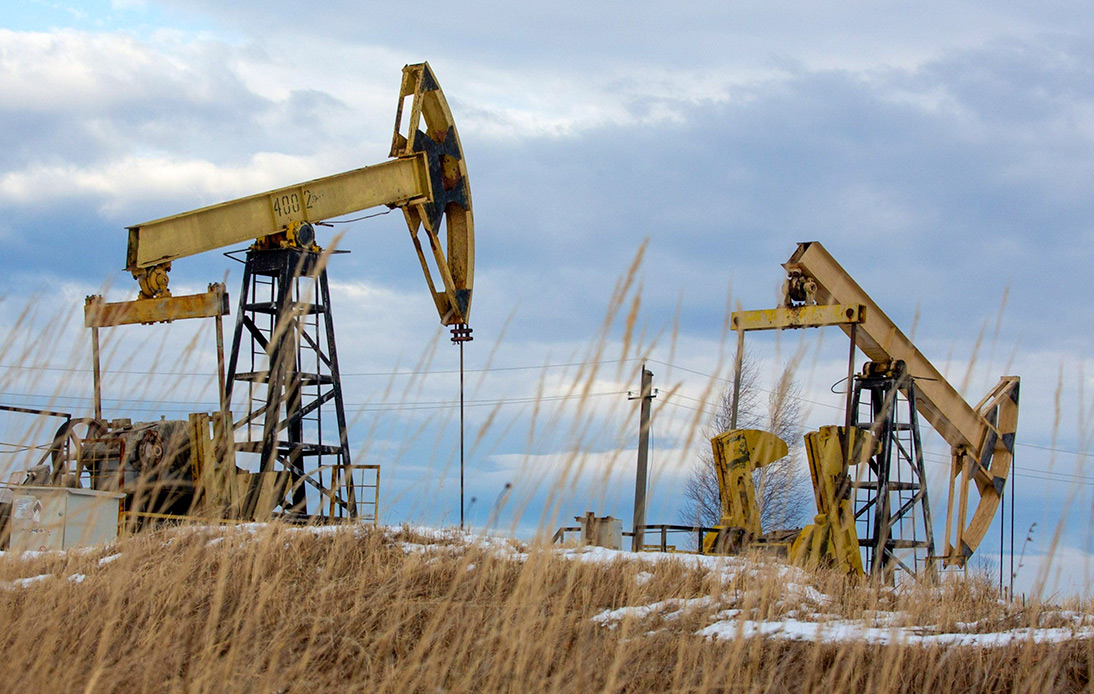
German Finance Minister Christian Lindner announced that his country planned to support its European partners in an oil embargo against Russia.
On Monday, Mr. Lindner stated that Germany “stands ready” for new sanctions, including a European ban on imports of Russian oil. He also said that Moscow would not blackmail his nation into paying for natural gas supply with rubles.
Mr. Lindner’s remarks come after the European Union imposed the fifth wave of sanctions against Russia over Ukraine’s invasion. Such sanctions include an agreement to phase out imports of Russia-produced coal.
The European bloc has also spent weeks of talks with the United States over the embargo on Russian oil. Nevertheless, a consensus has been difficult to reach, as Russia is the region’s largest petroleum supplier and the world’s second-largest oil exporter.
Reuters news agency reported that Hungary strongly opposed an embargo on Russian oil on Monday.
When asked about the Hungarian government’s opposition to the plan, Mr. Lindner said he did not want to speculate on whether the EU would grant exemptions to member states.
However, “I can assure you that Germany is ready to reduce oil imports, we know others are considering this question carefully,” he added.
Data from 2020 showed that Europe depends on Moscow for 27% of oil imports, 40% of natural gas supplies, and 46% of coal imports. But the bloc’s governments have agreed to cut imports of Russian natural gas by at least 66% this year, hoping to break their dependency entirely within five years.
According to Mr. Lindner, Germany and other EU nations have prepared to be “less dependent on Russian energy imports.”
“We can reduce the imports, starting with coal, then oil. It will take more time to be independent from Russian natural gas imports, but we will continue so in the end we will be completely independent from Russia,” he added.
Meanwhile, tensions between Vladimir Putin’s government and other European states continue to rise. Last week, the Kremlin announced it would cut off natural gas supplies to Bulgaria and Poland, arguing that both countries reportedly refused to comply with the president’s demand to open a ruble account at Gazprombank.
While most contracts with Gazprom, Russia’s state gas giant, must be paid in dollars or euros, President Putin has issued an ultimatum to force “unfriendly” countries to pay in rubles. However, the United States and the European Union consider that the move intends to boost the Russian currency and strengthen Moscow’s position in the war.
Uniper, the German gas distributor, said it would continue to pay for Russian gas supplies in euros but is in close coordination with the government to establish a payment conversion in line with the sanctions law. Also, Mr. Lindner stated that German utilities expect to meet their contracts’ payment terms in euros or dollars, as originally stipulated.
Despite cuts in Russian gas imports and consumption, Germany says it needs until at least 2023 to reduce its dependence without triggering a deep recession.




















